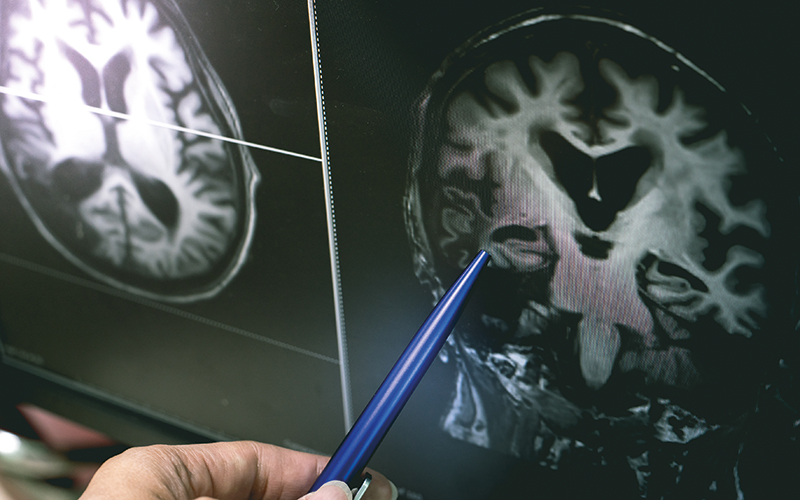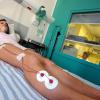Researchers have identified a common genetic variant as a risk factor for stroke – especially in patients older than 65.

Cerebral small vessel disease (SVD) causes about a quarter of ischaemic strokes worldwide and is the most common cause of vascular dementia.
SVD can manifest as lesions on the brain, which typically appear on brain scan images. It is commonly associated with ageing and hypertension, but a minority of cases are caused by cysteine-altering variants in the NOTCH3 gene. Approximately one in 300 people have this type of gene variant. A rare hereditary condition known as cerebral autosomal dominant arteriopathy with subcortical infarcts and leukoencephalopathy (CADASIL), which is caused by this gene variant, has been associated with SVD and an increased risk of stroke.
In a new study, researchers evaluated a set of health records, including imaging and genomic sequencing data, of more than 300 patients, of which 118 exhibited a NOTCH3 variant. Of this group, 12.6% had a history of stroke, compared with 4.9% of those in a control group. The risk of stroke was significantly higher in those older than 65, and patients exhibited a higher number of white matter lesions on the brain. Although all 118 patients in the study group had a NOTCH3 genetic variant, the specific variant that causes CADASIL was rarely seen.
Given the high population frequency of NOTCH3 variants, the number of people who may be at higher risk of SVD and stroke as a result of a NOTCH3 variant is significant, the research team wrote. The study indicates that most individuals with a NOTCH3 variant will develop NOTCH3-associated SVD after the age of 65.



